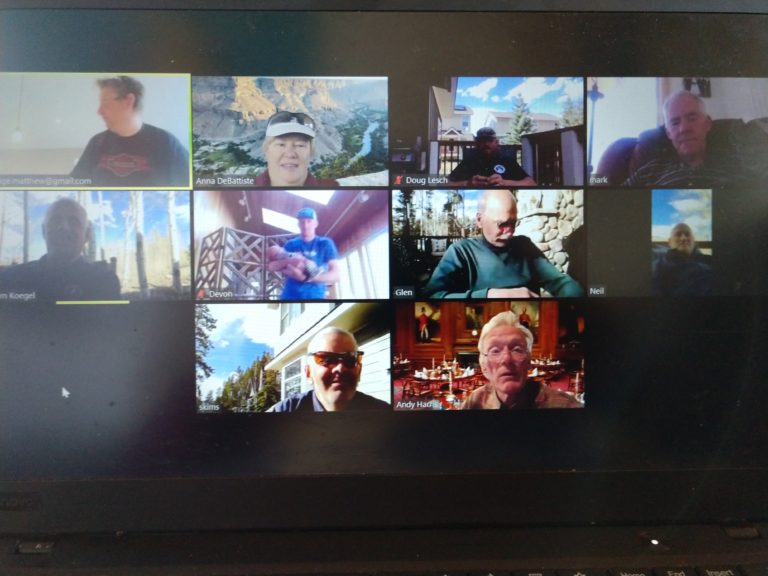Adam Grant and Sheryl Sandberg’s new book, Option B, is about building resilience. I don’t think there could be a hotter topic in the world of federal agency leadership development these days. I haven’t read the book yet, but there’s an article on Linkedin that gives a great introduction to the concept of “option B.” To quote Grant: “I always thought there were two parties in every relationship. Sheryl said there are three: you, the other person, and the relationship itself… Most of the time, when someone fails, it’s not because there’s a bad apple spoiling the barrel. It’s because the barrel is a bad relationship. In other words: It’s not me. It’s not you. It’s us.” And working on the “us” is option B.
Grant and Sandberg aren’t just talking about personal or professional relationships; they’re talking about organizational relationships too. I’m reminded of my worst career failure, back in 2001. I had joined the HR team of a major consumer goods brand, and initially, I was very excited to be there. But gradually, almost imperceptibly, things began to go wrong. My boss seemed slightly concerned about my performance, and some of my internal customers began to pull away. It happened so subtly at first that when I finally found myself in a counseling session with my boss, it was a shock.
I tried to fix the things she said needed fixing, but they didn’t make sense to me at the time and I got it all wrong. I was gone from the company in less than a year, stinging from the humiliation and wondering what happened. I went through the same process of analysis that Grant and Sandberg say is typical; first I blamed the company. ‘My boss was dictatorial, and the job was unmanageable from a resource standpoint.’
Then I blamed myself. ‘I just didn’t get it. How could I have ignored all those early warning signs? Clearly, I just didn’t have the experience and knowledge for the job, so there’s no way I was going to succeed.’
Option B, however, would be to look at the relationship. The company culture was very process- and detail-oriented, very structured. This was a 100-year-old company that took a year to write a new policy. I, on the other hand, was coming from a young, entrepreneurial company where risk-taking, flexibility and creativity were valued. HR ran very lean and mean, and it was expected that you were stretched so thin you couldn’t possible dot every i and cross every t. You made the biggest impact you could on the biggest issues you could find and then moved on to the next.
So, I was a cultural misfit at the new company. Accepting option B doesn’t mean you completely let yourself off the hook. I should have seen immediately how different the culture was, and either adapted or cut my losses and left. But to blame only myself is counter-productive to learning from mistakes and building self-confidence. The primary problem was the relationship between me and the organization, and understanding that fact is a recipe for building resilience and making better choices in the future.

Comments are closed.